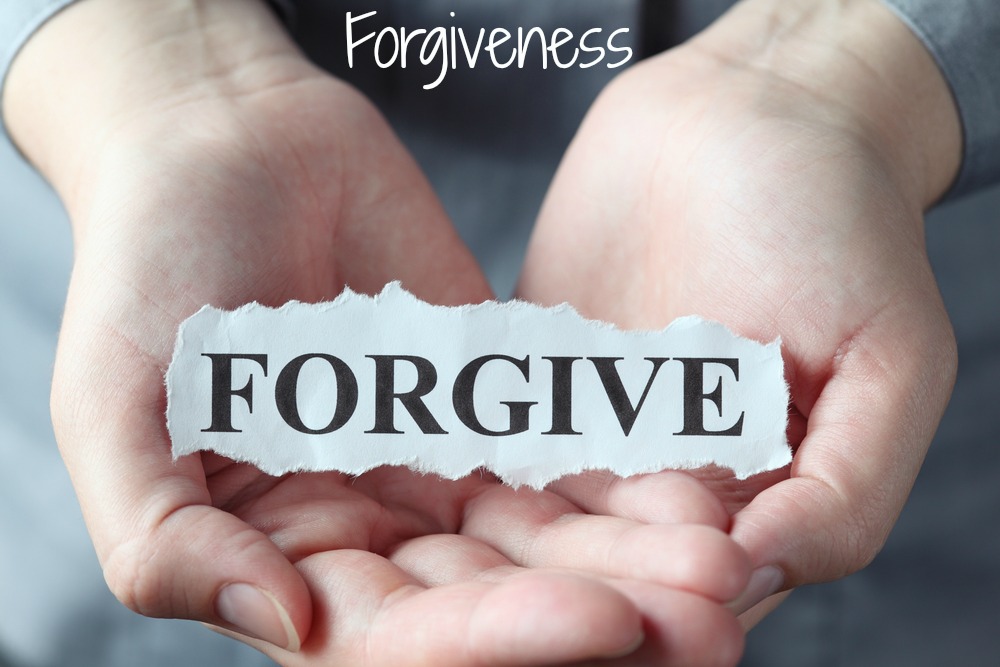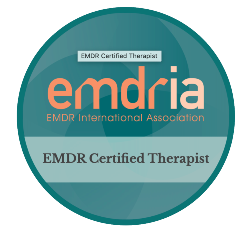Forgiveness
Have you ever been in an argument with someone and brought up an offense from ten years prior? Maybe it is an offense you bring up regularly during arguments to remind them of the hurt they caused you. If so, you are not alone. Often one of the biggest hurdles in relationships is the difficulty for one or both people to forgive the other for past transgressions, be they large or small. Many believe that by forgiving the other, they are condoning what was done to them. They feel that by doing so they will be opening themselves up to future injury of the same nature if they let their partner or friend “off the hook.” Other times, they use the reminder to serve as a motivator to get the other person to feel remorse or to work harder at pleasing them. Unfortunately, though, this tactic seldom works. The good news is that there is another way to handle the anger and resentment of past offenses. The option is forgiveness.
By forgiving someone we are letting go of the grudge we carry. We are saying that although we do not agree with what was done, and we may even resent it, we realize that we are all human and make mistakes. We are reflecting on ourselves, assessing our own mistakes and acknowledging our own imperfections. We are making a conscious choice to let go of the negative feelings onto which we are holding. This is a benefit to the relationship and to our health. It is a reflection of our own maturity and ego-strength. Forgiveness can be freeing, liberating and empowering to the one doing the forgiving, as well as to the person being forgiven.
All that said, there are also times when, although we may forgive, we realize that the relationship may be irreparably damaged. An example of this is with infidelity. Some relationships are able to work through it, learn from it, and go on without further incident. However, for others, infidelity is not something they choose to withstand. It becomes an insurmountable hurdle and the relationship ends. Yet, even though a transgression may be the catalyst for the end of the relationship, there is still the choice that someone can make to forgive the other. This may take time, and is not a sign of condoning or feeling good about the end of the relationship or the way that you were wounded. Nevertheless, finding a way to let go of the hurt and anger can be a tremendously valuable step in the healing process, and without it, the wounds may go on to affect them in future relationships and personal growth. Nevertheless, there are some wounds that are harder to get past than others. When it is a challenge to forgive, here are some things to think about that may help:
- Have you had a chance to grieve the injury? For example, if you just found out about an affair, it is unrealistic to think that you would immediately move into the mode of forgiveness. As a matter of fact, it will likely take many months or years to achieve. It is important to take time to nurse your wounds and grieve the loss. However, it is a wonderful mark of closure to let go of the anger and forgive, regardless of whether or not the relationship was able to be salvaged.
- Consider your own mistakes. How have you hurt others? Can you remember a time when someone forgave you and you were humbled by it? Give consideration to paying it forward and granting forgiveness for the sake of the other, and for the sake of yourself.
- Remind yourself that you are not agreeing with the transgression. Forgiveness is about letting go.
Working toward forgiveness can be a stimulus for much of our own introspection and self-growth. Nevertheless, it is certainly easier said than done. It is important to remember that we do not have control of the events that happen to us or the choices that others make. However, we do have a choice, in any event, as to how we would like to handle our own behavior. We can choose to let reeling from a wound become the driving force behind our future choices; or, we can make a conscious choice to let go of the weight of anger, leave the grudge in the past, and hence, forgive.
Click here for more information on Couples Counseling.
Tamra Hughes, MA, LPC http://www.thcounseling.com





